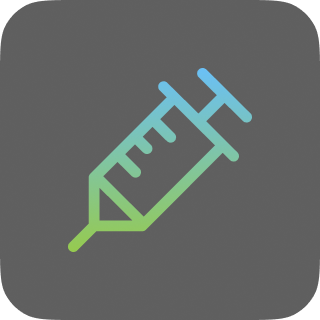How Long Should I Breastfeed?
As noted above, the AAP recently updated its recommendations regarding breastfeeding. They now advise exclusive breastfeeding until at least 6 months, then until the age of 2 or longer (as mutually desired by mother and baby) with the introduction of solids at 6 months.
This is called extended breastfeeding
The name “extended breastfeeding” might make it sound like breastfeeding beyond your baby’s first birthday isn’t common. But many children around the world, in many cultures, are breastfed for up to two years or more. The most important thing is to make the decision that’s right for you and to feel confident and comfortable with your choice.
What Are the Benefits of Breastfeeding?
Doctors consider breastmilk the best source of calories for newborns, infants, and toddlers. In addition to feeding them, breastmilk confers other benefits. It provides antibodies (and other compounds) that boost your baby’s immune system. It also provides vitamins/minerals, proteins, fats, and carbohydrates. Breastmilk is easily digested and promotes brain growth.
Of course, extended breastfeeding isn’t just good for your child’s physical health but for their psychological and emotional health as well. Indeed, the emotional benefits of breastfeeding or chestfeeding are also well-known: it can help calm and/or soothe your child.
Last but not least, it is well-known that breastmilk-fed children have lower rates of obesity, lung infections, GI infections, eczema, inflammatory bowel disease, and ear infections. These are just some of the conditions and health issues that extended breastfeeding can help protect against. Additionally, benefits for the mother include decreased risk of breast cancer, diabetes, hypertension, and ovarian cancer.











